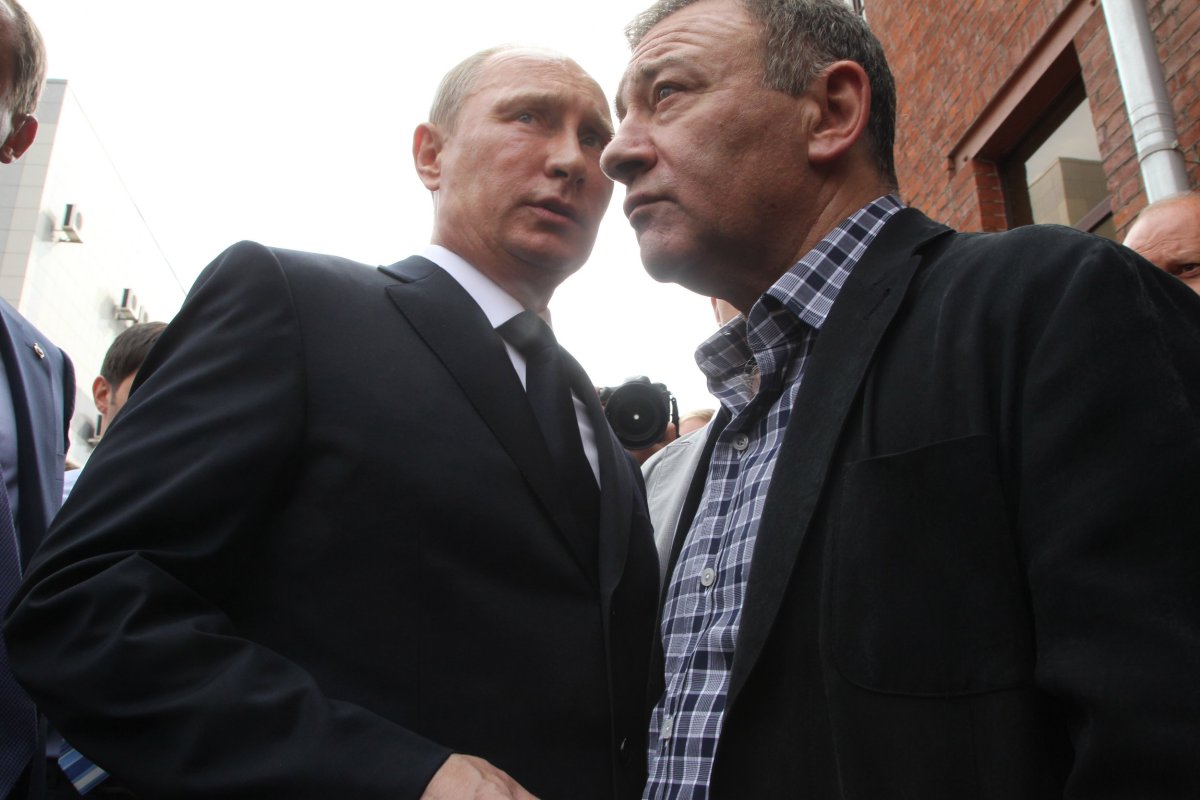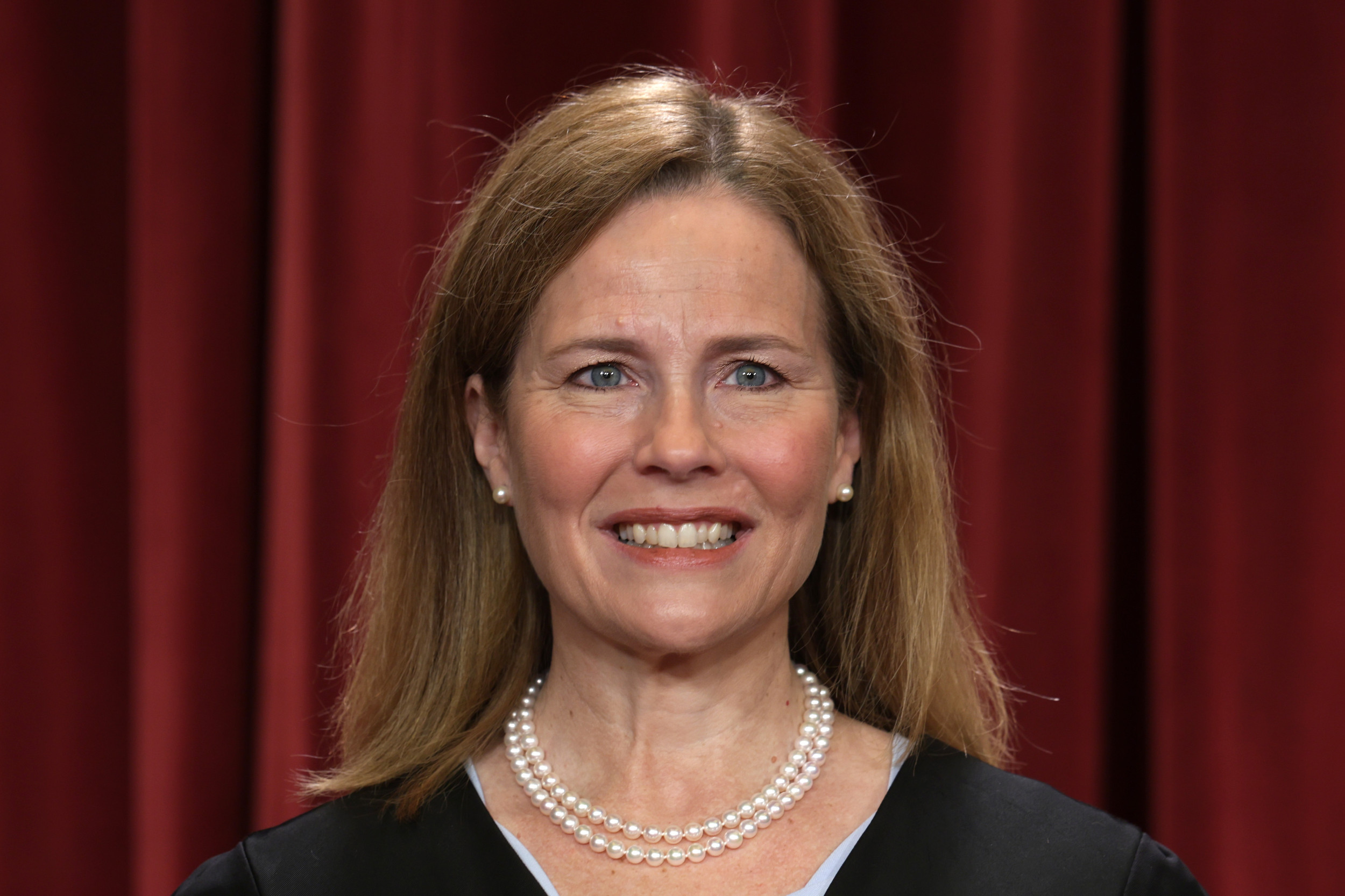
To understand how the Winter Olympic Games in Sochi got to be the most expensive ever, one has to get acquainted with something very close to Russian President Vladimir Putin's heart: martial arts.
As a sixth-grader in 1965, a "rowdy" young Putin became deeply interested in sambo, a Russian martial art developed in the 1920s by the Soviet army for hand-to-hand combat. Putin's youth sparring teammates included Arkady and Boris Rotenberg, brothers who now figure prominently in his inner circle, and have reaped tremendous benefits from the 2014 Winter Olympics.
Judo also plays a big part in this epic graft-grab. In 1998, the Rotenbergs, with energy billionaire and longtime Putin associate Gennady Timchenko, founded the elite Yavara-Neva judo club, of which Putin is honorary president. The Rotenbergs and Timchenko, along with another Putin pal, Vladimir Yakunin of Russia's state railway monopoly, now hold stakes in companies that were previously awarded $15 billion in Sochi contracts, according to Alexey Navalny, a government watchdog and activist whose team of 23 spent months sifting through documents to come up with an estimate. Navalny recently released an infographic with what he says is proof of corruption on a massive scale.
That $15 billion more than doubles the $7 billion Putin recently told news anchors Russia had spent on the Games. It also exceeds the $13.9 billion cost of London's 2012 Summer Games… and is only about 30% of the total projected cost for Sochi. At Navalny's projection of nearly $46 billion (and with others projecting up to $5 billion more), the budget for the 2014 Games in Sochi is gearing up to be the flabbiest ever.
How did Sochi get so expensive? One hint lies in the soaring personal wealth of some of Putin's friends. Navalny's report details a vast web of contracts doled out to Putin's closest associates, almost all of which soared way beyond their stated budget.

The Rotenberg brothers, Putin's sambo friends, first made their fortune through their steel company Stroygazmontazh, which supplies pipeline to Gazprom, Russia's giant state-run natural gas monopoly. The personal wealth of Arkady Rotenberg, the elder brother, has skyrocketed in recent years, from $1.1 billion to $3.3 billion. He has over $7 billion in contracts for Sochi Olympics construction.
TEK Mosenergo, an energy company controlled by Arkady, has built a gas link to boost power supplies to the Sochi Olympics for $856.3 million, almost twice the original budget, according to Navalny's infographic.
Arkady, with his son and other partners, also controls the construction group Mostotrest, which was contracted to build part of a 31-mile access road that cost $8.7 billion. Buzzfeed notes that Vancouver spent $9 billion total to host the Winter Olympics in 2010.
Arkady was also the owner of Inzhtransstroi, the contractor building the Formula 1 track near the Olympic venues. The track was granted $400 million from the Sochi Olympics budget, even though it will not be used during the Games. Arkady sold his shares of Inzhtransstroi late last year, after he took a profit from the contact, according to the infographic.
"Friendship never hurt anyone," Arkady Rotenberg once said of Putin. "But I have great respect for this person and I consider that this is a person sent to our country from God."
Russia is no stranger to mega-projects riddled with corruption. In 2012, the Kremlin spent $20 billion to build a campus for the Asia-Pacific Economic Cooperation (APEC) summit, leveling a village in the process. A $1 billion suspension bridge, boasting the highest pylons in the world, was built to reach to an island inhabited by fewer than 5,000 people.
The APEC campus turned out to be five times more expensive than what was originally announced by the Kremlin. "At least half of Moscow's money was stolen" in the form of kickbacks and unsound contractors, Mikhail Tersky, an academic and director of a local policy think tank, told journalist Anna Nemtsova.
The Sochi Games is "the mega-project of mega-projects," says Mark Galeotti, an NYU professor and Russian security expert.
Galeotti says Russia's all-powerful leader and its economically entrenched elite "have all combined to create the perfect conditions for industrial-scale embezzlement."
Correction: Contrary to a previous version of this article, Gennady Timchenko did not own a stake in a company that was awarded a Sochi contract at the time it was awarded.
Uncommon Knowledge
Newsweek is committed to challenging conventional wisdom and finding connections in the search for common ground.
Newsweek is committed to challenging conventional wisdom and finding connections in the search for common ground.
About the writer
Zoë is a senior writer at Newsweek. She covers science, the environment, and human health. She has written for a ... Read more
To read how Newsweek uses AI as a newsroom tool, Click here.








